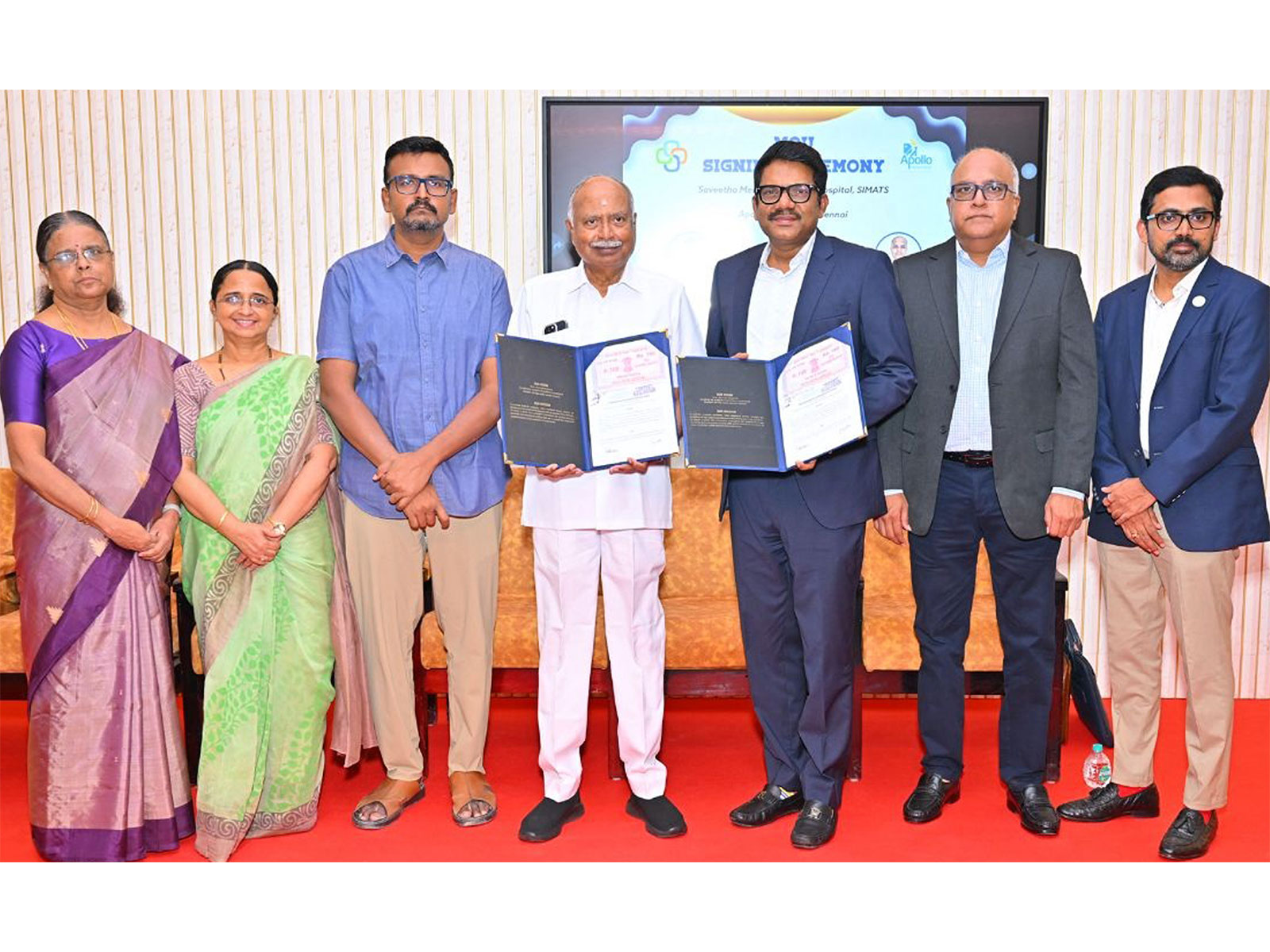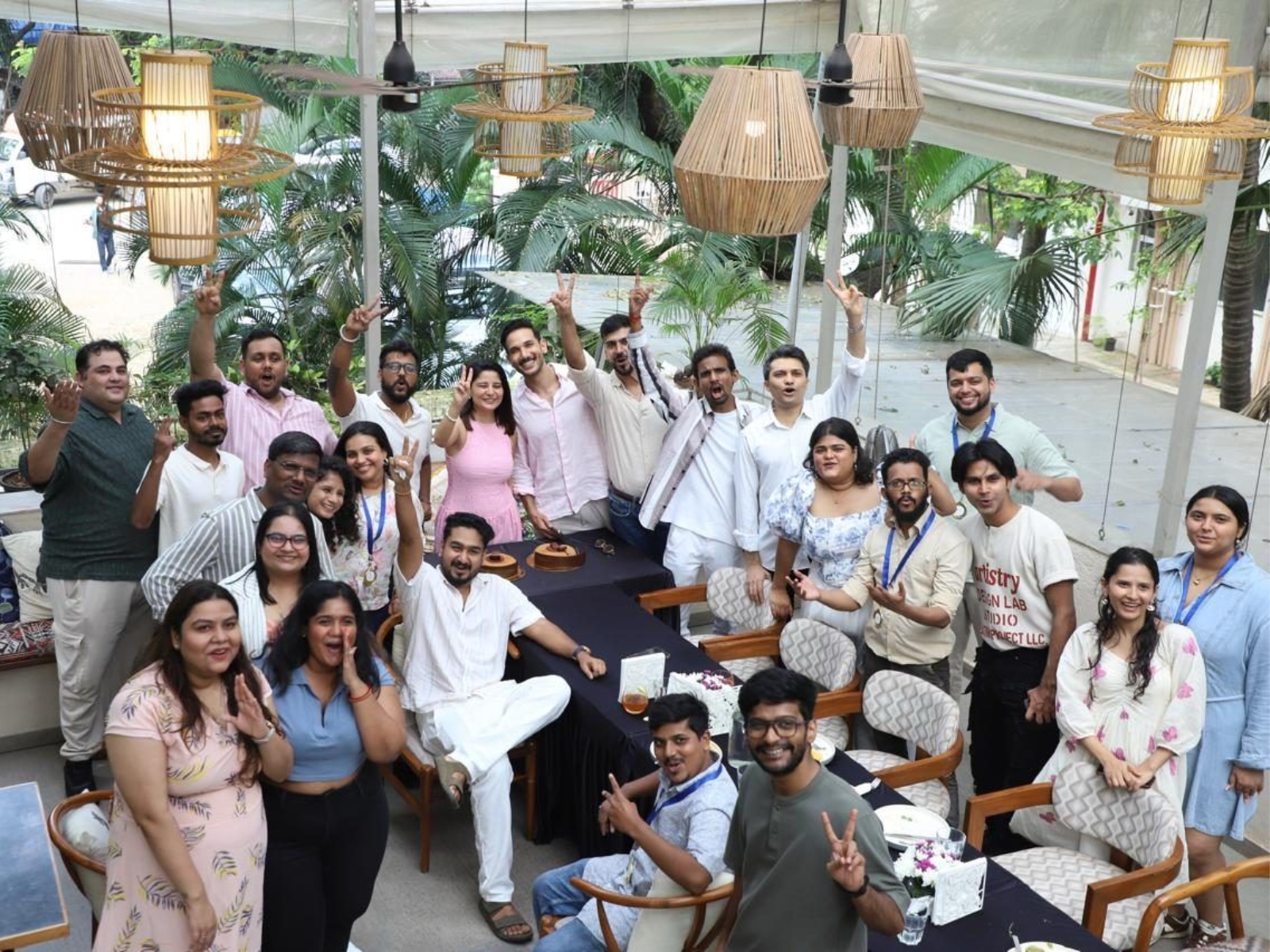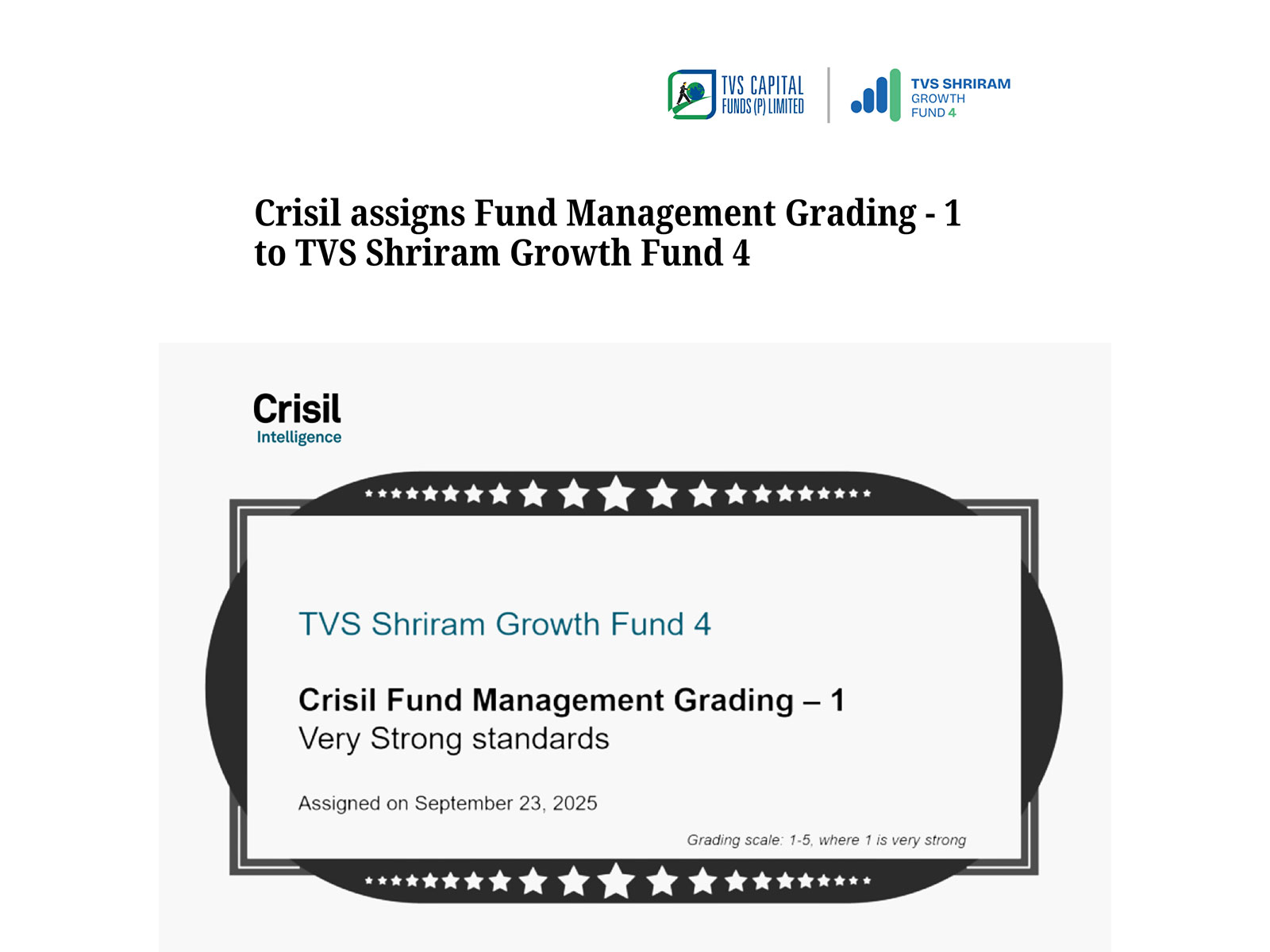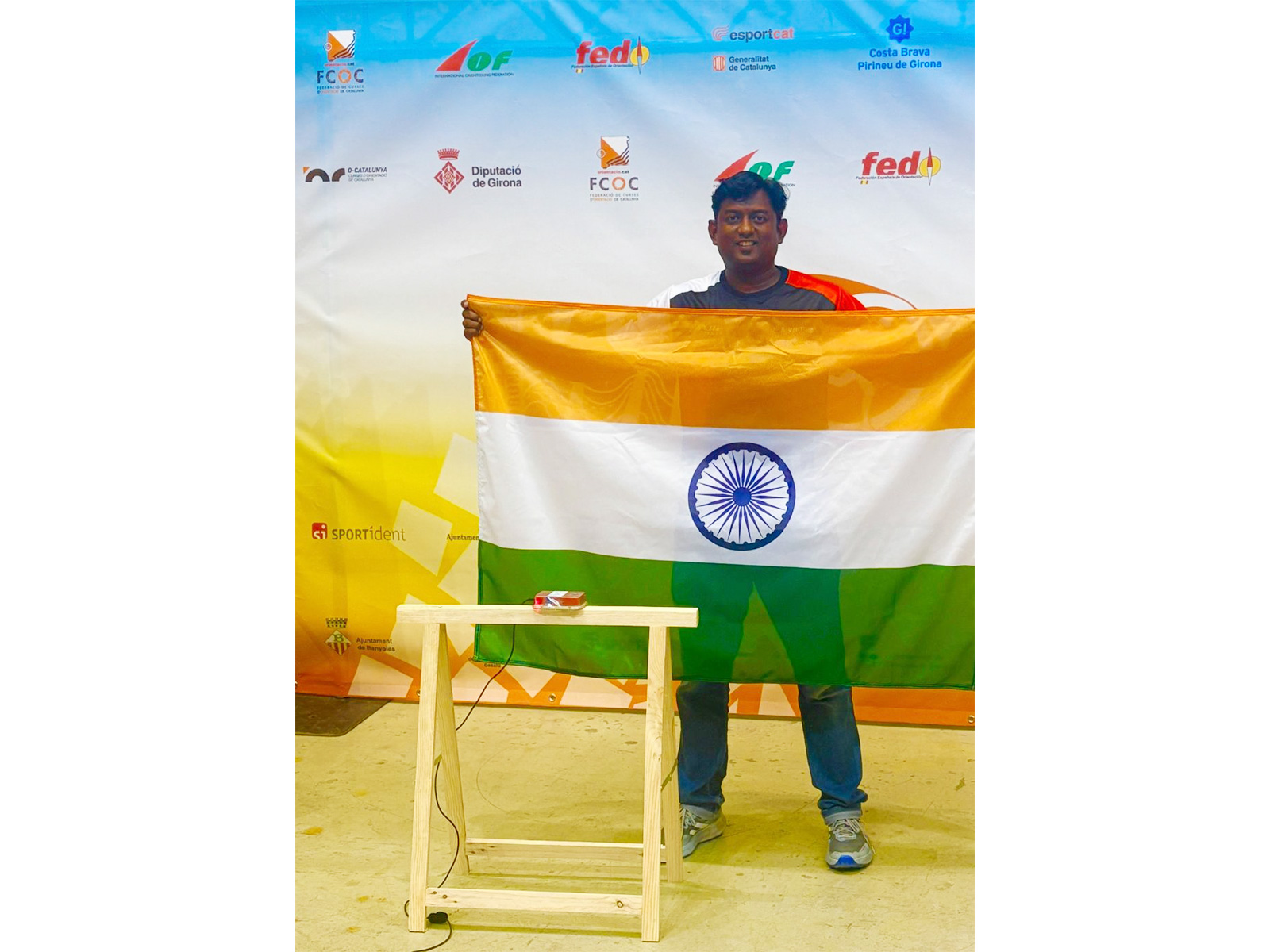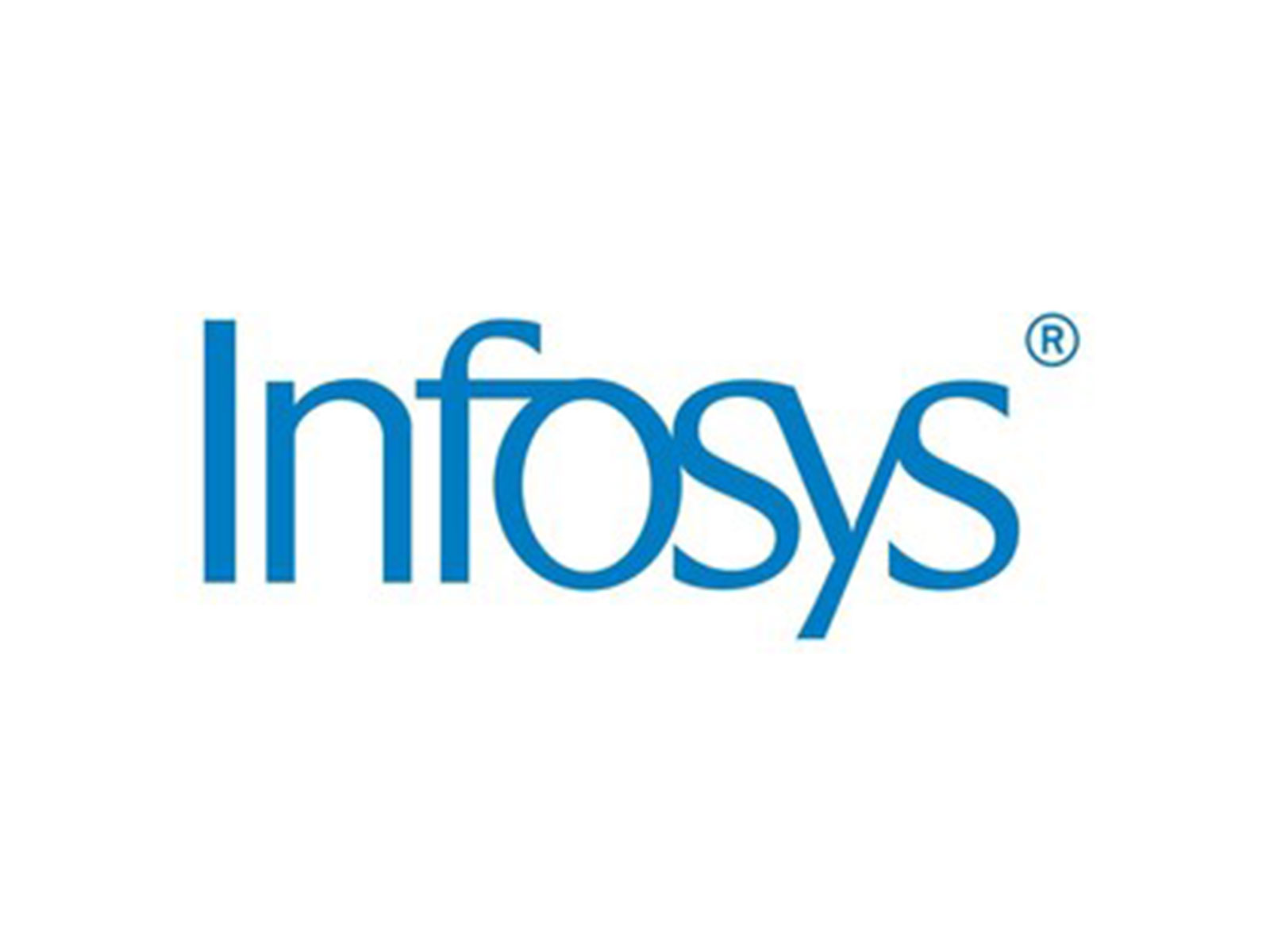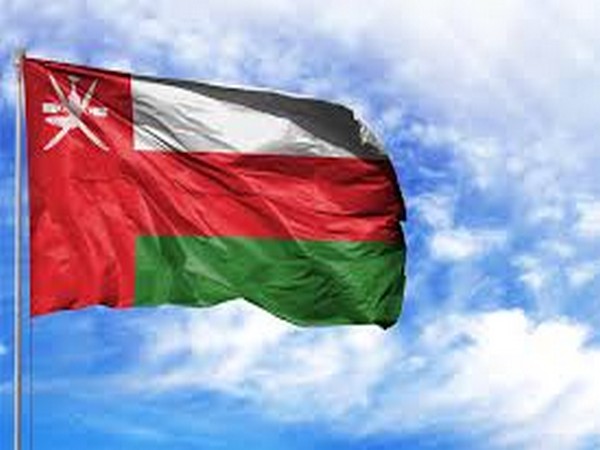
GCC Statistical Centre holds workshop on measuring tourism's economic contribution
Oct 13, 2025
Muscat [Oman], October 13: The regional workshop on 'Measuring the Contribution of Tourism to the Economy', hosted by the Gulf Cooperation Council Statistical Centre (GCC-Stat) on Sunday, 12 October, under the patronage of Salim bin Mohammed Al Mahrouqi, Omani Minister of Heritage and Tourism, underscored the importance of adopting comprehensive methodologies to measure tourism's total contribution to the economy. Such an approach provides a more accurate and holistic picture of the sector's true role in supporting GCC economies and assists in formulating effective, evidence-based policies founded on reliable statistical data.
The workshop discussed the concepts and methodological frameworks for measuring tourism in line with international standards, along with mechanisms for linking statistical data and administrative records related to visitors and tourism expenditure. It also highlighted the importance of integrating national data sources to assess both the direct and indirect impact of tourism on GDP and employment. The event brought together experts and specialists from national statistical offices and tourism authorities across GCC member states, in addition to representatives from regional and international organisations.
Al Mahrouqi stated that the workshop comes at a particularly significant time, as the tourism sector in the region is witnessing rapid growth and qualitative transformation in infrastructure, services, and investment. He noted that Oman and other GCC countries attach great importance to tourism as a central pillar of economic diversification, recognising its role in job creation, stimulating productive and service sectors, and enhancing sustainable development.
However, he stressed that achieving this potential requires accurate and reliable statistical systems capable of measuring the true value of tourism's contribution to GDP and to the national economy as a whole.
He added that this workshop, organised by GCC-Stat, serves as a platform for experience sharing, capacity building, and the harmonisation of statistical methodologies among GCC states, noting the need for integrated and comprehensive data that link tourism with other sectors.
Meanwhile, Intisar bint Abdullah Al Wahaibi, Director General of the GCC Statistical Centre, stated that the tourism sector in GCC countries has witnessed significant growth in recent years. The number of international tourists visiting GCC countries increased by 51.5% compared with 2019, reaching 72.2 million visitors in 2024, while tourism revenues amounted to $119.6 billion, representing 7.5% of the global market share of tourism revenues.
She also highlighted the outstanding performance of GCC countries in the 2024 Travel and Tourism Development Index, issued by the World Economic Forum, which reflects the region's sustained efforts to advance the tourism sector and strengthen its competitiveness regionally and globally.
Al Wahaibi emphasised that this progress is the result of ambitious policies and strategic visions focused on developing tourism infrastructure, diversifying experiences, and hosting major global events, efforts that have firmly established the region as an attractive and influential destination on the international tourism map.
She added that developing and standardising statistical work among GCC countries is one of the main objectives of the GCC Joint Statistical Work Strategy, achieved through the adoption of advanced international standards and methodologies, as well as building national capacities in priority areas such as tourism statistics, a key pillar in supporting GDP, job creation, and economic diversification.
Tourism's direct contribution, measured through Tourism Satellite Accounts (TSA), represents the basis for assessing the impact of activities directly related to visitors, such as accommodation, transport, restaurants, and entertainment. Yet, the real economic significance of tourism extends further, encompassing indirect contributions to sectors such as construction, energy, agriculture, trade, and finance, driven by visitor spending and supply chains supporting the tourism ecosystem.
Samer Ibrahim Al Khraishi, the Regional Office for the Middle East of the United Nations World Tourism Organisation (UNWTO), now known as UN Tourism, affirmed that developing tourism measurement systems and strengthening statistical capacities are key pillars to support decision-making and evidence-based policy formulation. He noted that tourism statistics are no longer mere numbers but have become a strategic tool for measuring the economic, social, and environmental impact of tourism and for directing investments toward sustainable development.
Al Khraishi explained that the global tourism sector continues its steady recovery, with international tourist arrivals reaching around 690 million during the first half of 2025, a 5% increase compared with the previous year. He expected growth to continue through year-end at a rate between 3% and 5%. He also noted that GCC countries recorded strong performance, welcoming over 75 million visitors in 2024, an 11% increase from the previous year.
He added that the UN Tourism Organisation is working on developing the TSA system as a global tool for measuring tourism's real contribution to GDP, employment, and investment. The organisation is also launching a Statistical Framework for Measuring the Sustainability of Tourism (SF-MST), which integrates economic, social, and environmental dimensions to assess tourism's impact on natural resources and local communities.
Al Khraishi stressed that the organisation prioritises capacity building and knowledge exchange, through regional training programmes and workshops, and by strengthening cooperation with GCC-Stat to develop a unified regional approach to tourism statistics. He praised GCC countries' leadership and innovation in harmonising methodologies and advancing statistical innovation.
The sessions addressed several themes, including the concepts and methodological frameworks for tourism measurement based on international standards, mechanisms for linking statistical data and administrative records related to visitors and expenditure, and the importance of integrating national data sources to estimate both the direct and indirect impacts of tourism on GDP and employment.
The workshop also reviewed GCC countries' national experiences in preparing Tourism Satellite Accounts and discussed ways to further develop them in line with ongoing economic and developmental transformations in the region.
It stressed the importance of harmonising tourism statistics concepts and classifications across GCC countries, and strengthening coordination between statistical agencies and tourism authorities to build a reliable data infrastructure supporting policy- and decision-making processes.
Participants also emphasised the need to invest in national capacity-building and adopt modern technologies for data collection and analysis, including big data and non-traditional information sources.
The workshop further introduced the GCC Tourism Statistics Platform, which provides integrated economic and tourism data to serve stakeholders in GCC tourism development, including policymakers, investors, and sector operators, enabling data-driven decision-making based on real insights into tourism markets, spending, investments and employment.
Source: Emirates News Agency
